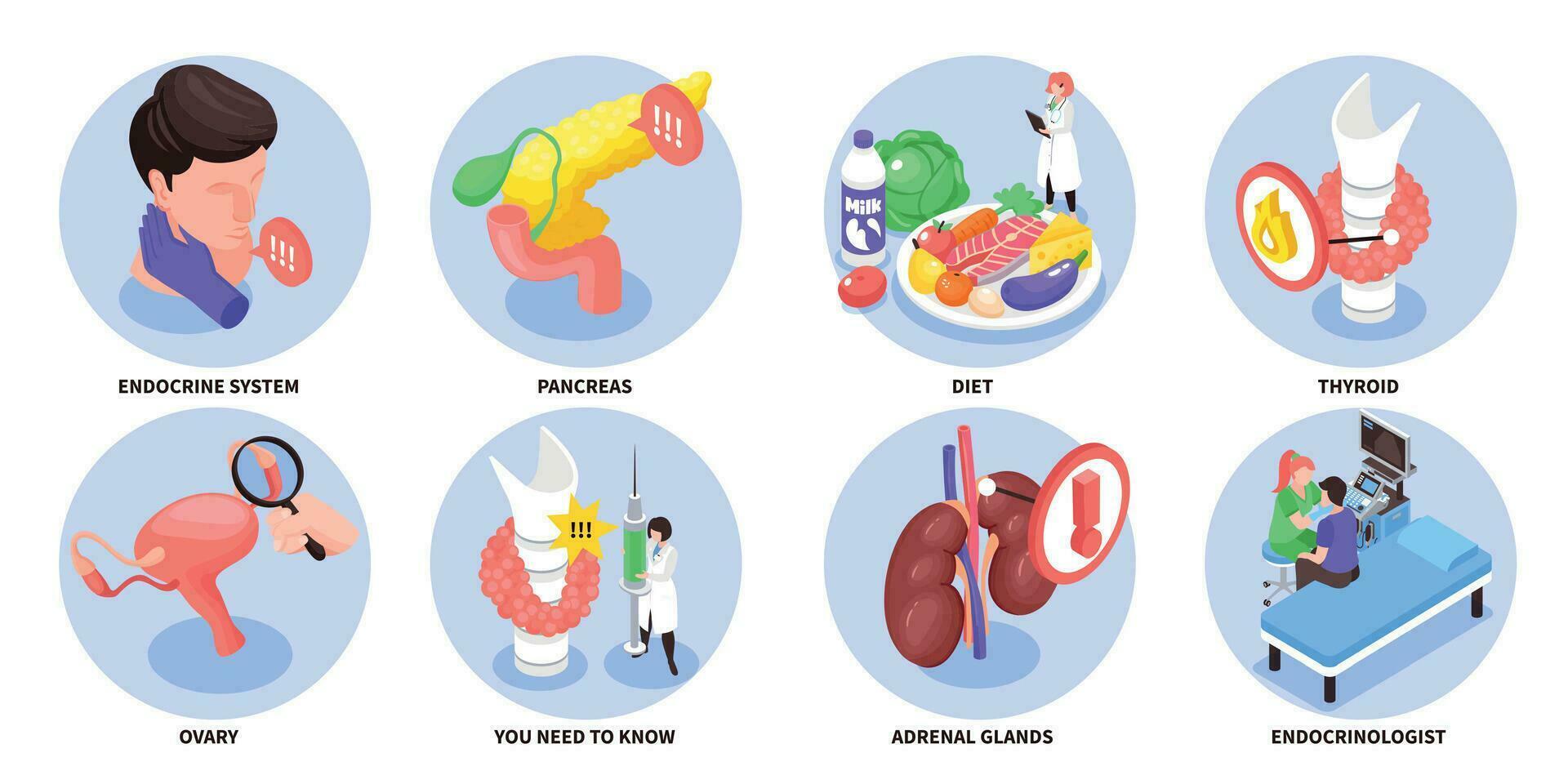Texas Endocrinology: State-of-the-Art Hormone Healthcare
Wiki Article
Comprehending the Influence of an Endocrinologist in Diabetic Issues Care
Endocrinologists are clinical experts who specialize in the diagnosis, therapy, and monitoring of hormone disorders, including diabetes. Their experience and knowledge in the field of endocrinology make them important in offering extensive care to people with diabetes mellitus. From the initial diagnosis and analysis to the advancement of individualized treatment strategies, drug management, and lasting care, the effect of an endocrinologist in diabetes treatment can not be overstated.Diagnosis and First Assessment
Throughout the diagnosis and preliminary evaluation of diabetic issues, an endocrinologist plays an essential duty in evaluating the person's clinical background, conducting comprehensive physical exams, and ordering appropriate laboratory tests - Endocrinologist. This procedure is essential in identifying the kind of diabetes mellitus, its extent, and the ideal therapy plan
To start with, the endocrinologist completely examines the person's clinical background, paying very close attention to any type of previous medical diagnoses, medicines, and household background of diabetes. This details assists recognize potential threat factors, genetic proneness, and any kind of existing complications that might influence the management of the illness.
Second of all, the endocrinologist carries out a thorough checkup, concentrating on key indicators such as body weight, blood pressure, and body mass index (BMI) These dimensions offer valuable understandings into the patient's general health status and can help determine any type of affiliated conditions, such as high blood pressure or weight problems, which may additionally complicate diabetes management.
Ultimately, the endocrinologist orders pertinent research laboratory tests to confirm the diagnosis of diabetes and evaluate its seriousness. This typically consists of determining fasting blood glucose levels, HbA1c degrees, and lipid accounts. These tests assist identify the person's blood glucose control, level of insulin resistance, and any kind of involved lipid abnormalities that may require added treatment interventions.
The medical diagnosis and initial analysis performed by an endocrinologist are crucial in developing a baseline understanding of the individual's diabetes condition. This information guides subsequent therapy decisions, way of life modifications, and recurring monitoring to make certain optimal diabetes monitoring and total well-being.
Personalized Therapy Strategies
- Following the diagnosis and first evaluation, an endocrinologist establishes tailored therapy strategies tailored to every individual's details demands in managing their diabetes mellitus. These individualized treatment plans are crucial in offering detailed and reliable take care of individuals with diabetic issues.
Personalization is type in diabetic issues administration as each person's condition varies in terms of seriousness, case history, way of living, and preferences. By thinking about these distinct factors, an endocrinologist can produce a treatment strategy that addresses the individual's specific requirements and goals. The personalized therapy strategy normally includes a combination of way of living modifications, medication monitoring, and normal surveillance.
Way of living adjustments may include dietary adjustments, exercise recommendations, and weight monitoring methods (Endocrinologist in georgetown). Medicine management may consist of recommending oral drugs, insulin therapy, or other injectable drugs. Routine tracking might involve blood sugar surveillance, A1C screening, and various other appropriate tests to track the efficiency of the treatment plan
Moreover, the tailored treatment plan likewise takes into consideration potential comorbidities and difficulties connected with diabetic issues. These added aspects might call for extra treatments or referrals to various other medical care experts.
Drug Administration and Adjustment
To enhance diabetic issues management, an endocrinologist plays a critical duty in managing drug administration and modification. Diabetes mellitus is a complex disease that needs a customized technique to treatment. Medications are a cornerstone of diabetes administration, and correct drug administration and change are necessary for attaining and maintaining optimal blood glucose control.Among the key responsibilities of an endocrinologist is to evaluate the person's medication regimen and make required modifications. This involves evaluating the performance of present drugs, checking for any damaging reactions or side results, and considering the individual's unique needs and choices. The endocrinologist might require to make modifications to the kind of drug, dosage, or frequency of management to guarantee the finest possible end results.
Additionally, an endocrinologist can also offer assistance and education and learning on proper drug use. They can describe how each medication works, when and just how to take them, and any kind of preventative measures or unique considerations. This expertise equips patients to take an energetic function in their own treatment and make educated decisions about their therapy.
Regular follow-up visits with an endocrinologist are important for continuous drug management and adjustment. These visits allow the endocrinologist to keep track of the person's development, address any kind of questions or worries, and make any type of needed adjustments to the treatment plan. Endocrinologist in leander. By working very closely with an endocrinologist, individuals with diabetic issues can optimize their drug administration and ensure the most effective possible results for their wellness
Monitoring Blood Glucose Levels
Effective surveillance of blood glucose levels is essential for people with diabetic issues in order to keep optimal control of their condition. On a regular basis inspecting blood glucose degrees allows people to understand how their diabetic issues management plan is working and make essential modifications to their way of life selections and drug regimen. Keeping track of blood sugar degrees provides useful information concerning exactly how the body is replying to food, exercise, and drug.There are a number of techniques readily available to keep track of blood sugar degrees, including self-monitoring of blood sugar (SMBG) and continual glucose monitoring (CGM) CGM provides real-time information and can assist determine trends and patterns in blood sugar levels, permitting for more effective diabetes monitoring.
No matter the method utilized, it is essential for individuals with diabetic issues to monitor their blood sugar level degrees consistently and constantly. This permits for very early detection of reduced or high blood glucose levels, making it possible for prompt activity to avoid complications. It additionally supplies beneficial details for medical care specialists, such as endocrinologists, to make educated choices concerning medicine adjustments and way of living alterations.
Long-lasting Diabetes Care and Assistance
Regular monitoring of blood sugar level degrees is simply one aspect of long-lasting diabetes treatment and support offered by an endocrinologist. In addition to keeping track of blood sugar level levels, an endocrinologist plays a critical role in aiding individuals manage their diabetes mellitus efficiently and maintain a top quality of life.
One crucial element of long-term diabetes mellitus care is medicine management. An endocrinologist functions carefully with clients to figure out the most ideal medication program based upon their details needs. They check the performance of medicines and make any required changes to make sure optimum blood sugar level control.

An additional vital aspect of long-term diabetic issues care is the prevention and administration of problems. An endocrinologist checks for possible issues such as kidney disease, nerve damage, and cardio troubles. They work together with other medical care professionals to create a thorough treatment strategy that attends to these potential issues, helping people prevent or reduce their influence.
Final Thought
In final thought, the role of an endocrinologist in diabetic issues care is critical for medical diagnosis, individualized treatment strategies, medication monitoring, blood glucose degree tracking, and long-lasting assistance. Their expertise and understanding in endocrinology enable them Best endocrinologist in texas to offer thorough look after people with diabetes mellitus, enhancing their total health and wellness end results and high quality of life. Teaming up with other medical care professionals, endocrinologists play an essential role in handling and dealing with diabetes successfully.Endocrinologists are clinical professionals that specialize in the medical diagnosis, treatment, and administration of hormone disorders, including diabetes mellitus. From the preliminary medical diagnosis and assessment to the advancement of tailored treatment plans, medicine monitoring, and long-term care, the effect of an endocrinologist in diabetes mellitus care can not be overstated.To enhance diabetic issues monitoring, an endocrinologist plays an important function in looking after medicine management and modification. By functioning carefully with an endocrinologist, people with diabetes mellitus can maximize their medication management and guarantee the finest possible results for their health and wellness.

Report this wiki page